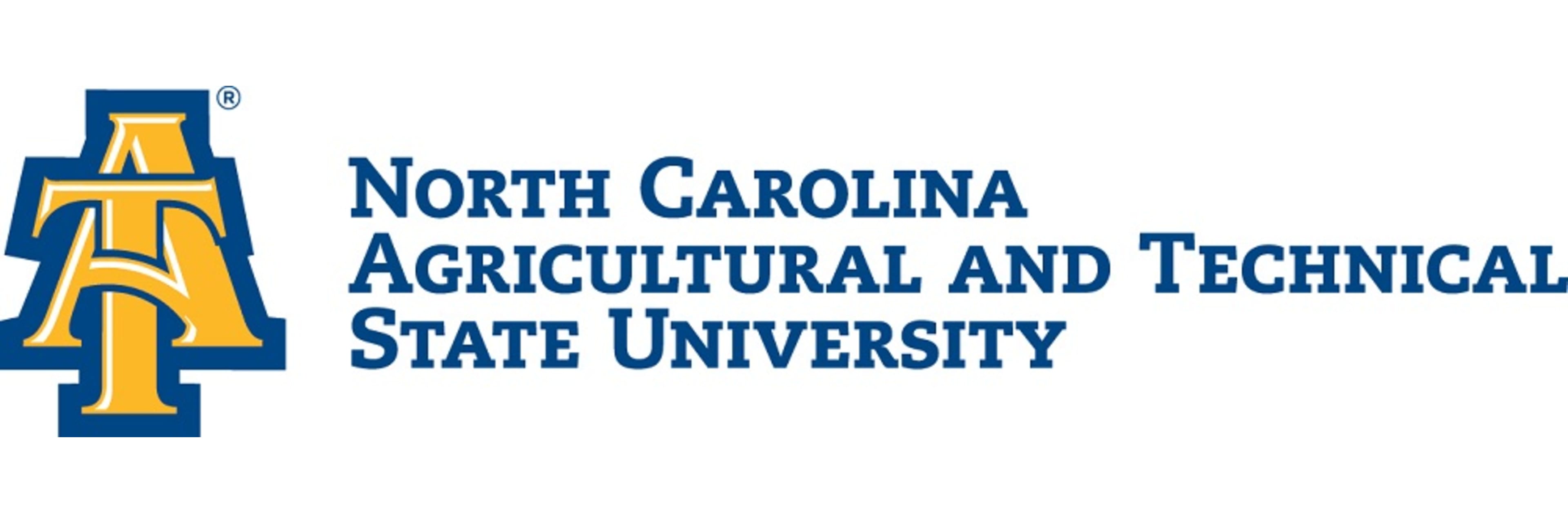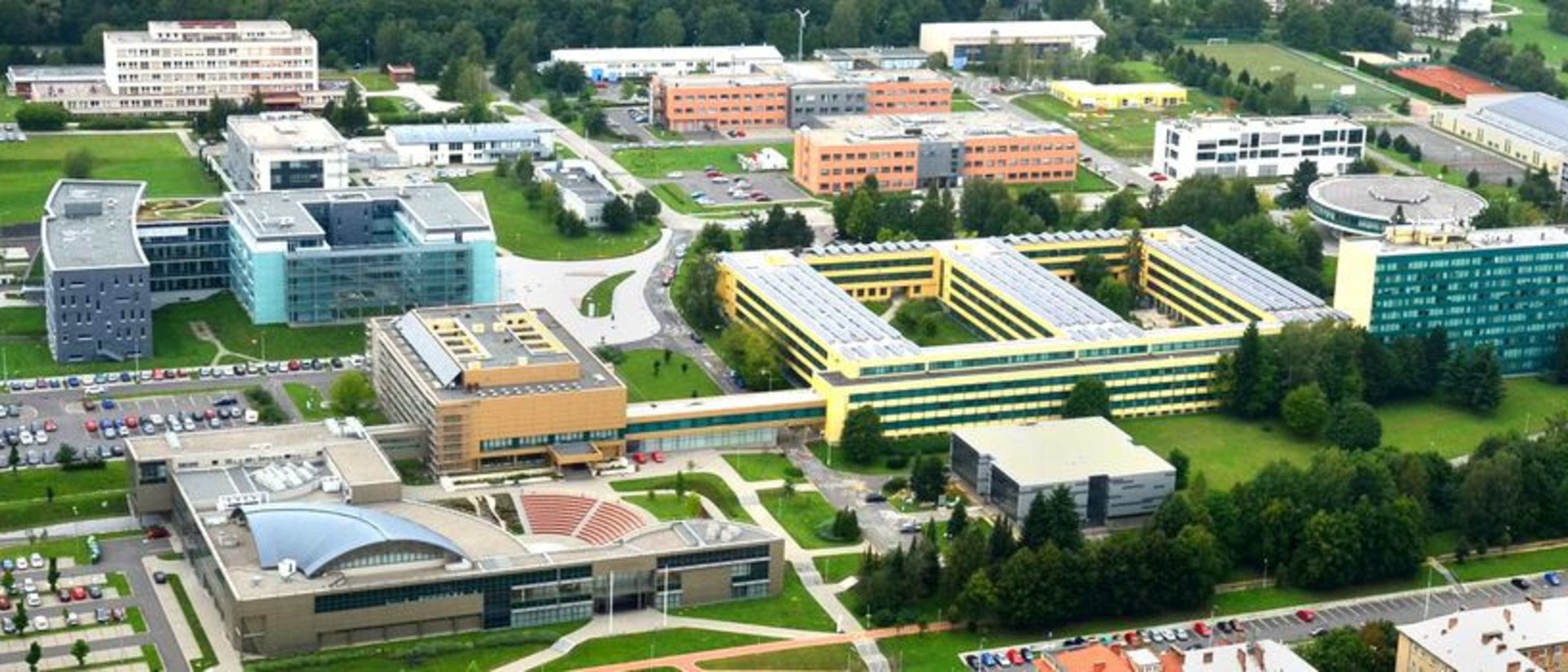Filters
Filters
- Doctoral Degrees
- PhD
- Natural Sciences Programs
- Nanotechnology
Sort by
8 Nanotechnology PhD Degree Programs


Promoted
North Carolina A&T State University
Ph.D. in Nanoscience and Nanoengineering
- Greensboro, USA
PhD
Full time
4 years
On-Campus
English
The Joint School of Nanoscience and Nanoengineering (JSNN) is much more than an academic unit. Our dynamic institution lives at the intersection of research and execution, the catalyst for breakthrough innovations that create high-impact academic, industry, and government research outcomes. We offer rigorous academic programs, as well as cutting-edge facilities and equipment that can help you achieve your own breakthroughs. JSNN has six research focus areas —nanobioscience, nanometrology, nanomaterials (with special emphasis on nanocomposite materials), nanobioelectronics, nanoenergy, and computational nanotechnology. Our mission is to forge partnerships with scientists and researchers from industry, academia, and government, working together to create impactful scientific research that drives change. Whether you’re looking to further your education or create a dynamic research collaboration, JSNN is here to partner with you. Come and explore the possibilities with us.


VSB - Technical University of Ostrava
PhD in Nanotechnology
- Ostrava, Czech Republic
PhD
Full time
4 years
On-Campus
English
The study programme PhD in Nanotechnology - cotutelle is an interdisciplinary doctoral programme covering the fields of physics, chemistry, material engineering, applied mathematics, and the application of computational methods to describe, design, and prepare nanostructures, nanomaterials, and nanosystems.


Universidade de Aveiro
Doctorate in Nanosciences and Nanotechnology
- Aveiro, Portugal
PhD
On-Campus
English, Portuguese
Nanosciences and Nanotechnology (NN) aim to understand, control and manipulate the matter at a nano-scale (typically from 1 to 100 nm) where unique physicochemical and biological phenomena take place, which can be explored in new applications. The DP in NN aims to train highly qualified specialists able to master concepts across conventional areas of knowledge and to design future developments in NN, while promoting/undertaking productive and transformative activities, and also contributing to environmental sustainability and social progress. The DP in NN intends to:
Best programs for you
Answer a few questions and we'll match you with programs!


University of Cyprus
Fast-track counseling
Doctorate in Advanced Materials and Nanotechnology (Ph.D.)
- Aglantzia, Cyprus
PhD
Full time
8 semesters
On-Campus
English
Fast-track counseling
The objective of the Ph.D. program is to train young scientists with up-to-date knowledge and techniques in the fast growing (and of particular importance for the society) field of Advanced Materials and Nanotechnology. The students are specialized in one of the research areas of the program with the aim to create proper conditions for a successful professional career in the public or private sector, in industry or in research organizations.


Charles University Faculty of Mathematics and Physics
PhD in Physics of Surfaces and Interfaces
- Prague, Czech Republic
PhD
Full time
4 years
On-Campus, Blended
English
The study program provides advanced theoretical and practical knowledge in the area of surface science, physics of interfaces and thin film physics, areas supporting contemporary nanotechnology. It includes the study of surface processes and structures at an atomic scale using a number of various experimental techniques for surface imaging and analysis. The study covers also borderline disciplines related to surface chemistry (surface catalysis, electrochemistry, on-surface synthesis). The program prepares professionals with a broad foundation in mathematics and physics and with deep knowledge in the area of surface science and physics of thin films.


Al-Farabi Kazakh National University
PhD in Nanomaterials and Nanotechnology in Chemistry
- Almaty, Kazakhstan
PhD
Full time
3 years
Blended, On-Campus
English
The Ph.D. program in “Nanomaterials and Nanotechnology in chemistry” is designed to enlarge student’s knowledge in synthesis, characterization of nano-objects with the further search for their practical applications. The program typically lasts from 3 to 4 years, teaching students to be flexible and adaptable in their future research careers.


University of Trieste
PhD in Nanotechnology
- Trieste, Italy
PhD
Full time
3 years
On-Campus
English
The main objective of the school is to prepare researchers capable of designing, building and characterizing nanomaterials and nanostructured materials (NMS), tools and devices that meet the growing applicative needs, to make the industrial production more effective, affordable and sustainable and to meet the growing needs of our society, promoting its progress. The school is meant for graduates in physics, chemistry, engineering, biology, biotechnology, medicine, dentistry, pharmacy, and pharmaceutical technology who aim at acquiring a high level of interdisciplinary preparation through specific courses and seminars covering also fields different from their own specific areas and carry out research projects in the framework of the collaborations with (inter)national research institutions and industries established by teachers and tutors of the school.


University College of Southeast Norway
PhD in Applied Micro and Nanosystems
- Rauland, Norway
- Hønefoss, Norway
- + 4 more
PhD
Full time, Part time
On-Campus
English
The Ph.D. program in Applied Micro- and Nanosystems educates scientists with broad knowledge of micro- and nanosystem technologies. This becomes an increasingly important part of our everyday life, in all sorts of "smart systems", as for example sensors integrated into mobile phones, equipment for medical diagnosis, for monitoring the environment and for instrumentation in industrial processes.
Popular Natural Sciences Programs Nanotechnology degree types
Popular locations
Learn more about Nanotechnology PhD degree programs
In a PhD program in Nanotechnology, you'll delve into the study of materials and their manipulation at the nanoscale, exploring their unique properties and potential applications. This field sits at the intersection of chemistry, physics, materials science, and engineering, making it an exciting area of research with vast implications for technology and health.
As a PhD student, you’ll engage in advanced coursework covering topics like nanoscale fabrication techniques, quantum mechanics, and molecular self-assembly. You'll acquire specialized skills such as synthesizing nanoscale materials for drug delivery systems, designing nanoelectronic devices, and employing characterization techniques like electron microscopy. The rigor of this program allows students to build confidence as they engage with new perspectives and tackle complex research questions.
Additionally, many programs emphasize research, encouraging you to contribute original findings to the field. This experience strengthens your analytical skills, preparing you for career paths in academia, industry research, or governmental laboratories, where you'll be at the forefront of groundbreaking studies in nanotechnology applications.